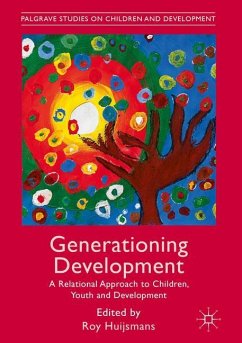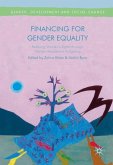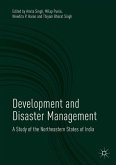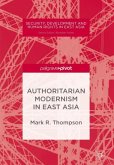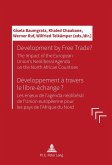This ground-breaking book weaves together insights from the children and youth studies literature and critical development studies. Debunking the idea of childhood and youth as self-evident social categories, the author unravels how these generational constructs are (re)constituted and experienced in relational terms in development contexts spanning both the Global South and the Global North.
Running through these chapters is a fundamental concern with age, gender and generation as key principles of social differentiation. This is developed in Part 1 at a theoretical level, and applied to everyday contexts, including school, work, migration and the street in Part 2. Part 3 zooms in on the generational dynamics of development by exploring how prominent development interventions (conditional cash transfers, schooling) problems (gender discrimination) and questions (the generational question of farming) shape the (gendered) experience of being young and growing up.
Running through these chapters is a fundamental concern with age, gender and generation as key principles of social differentiation. This is developed in Part 1 at a theoretical level, and applied to everyday contexts, including school, work, migration and the street in Part 2. Part 3 zooms in on the generational dynamics of development by exploring how prominent development interventions (conditional cash transfers, schooling) problems (gender discrimination) and questions (the generational question of farming) shape the (gendered) experience of being young and growing up.
"This volume is a timely addition for academics and practitioners working in policy, youth and development fields. ... The volume provides timely insights for why children and youth perspectives need to be integrated within current development research and approaches." (Jessica Clendenning, Children's Geographies, Vol. 17 (6), 2019)

